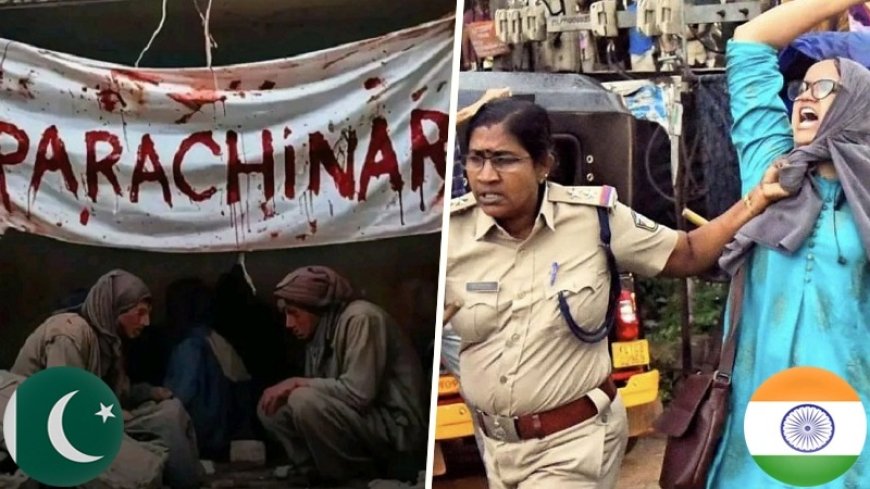Pakistan Urged to Address Violence Against Shia Community in Parachinar Amid Growing Crisis
Five days of armed conflict in northwest Pakistan left 35 dead and more than 160 injured.

In recent days, the northwest region of Parachinar, near the Afghan border, has experienced a surge in violence targeting the Shia community and followers of Ahlul Bayt. According to PAKNews, the area has been gripped by intense attacks from Takfiri elements associated with the terrorist group Tehreek-e-Taliban Pakistan (TTP), resulting in a critical security situation.
The recent violence has been particularly severe, with reports indicating that at least 35 people have been killed and over 160 injured in the past five days, as detailed by Arab News. Among the casualties are teachers and local residents, underscoring the indiscriminate nature of the assaults. The attacks, reportedly conducted under the guise of land disputes, have been attributed to Takfiri groups collaborating with terrorists.
Government Response and Criticism
Senator Allameh Nasser Abbas Jafari, head of the Muslim Party of the Majlis Vahdat, has called on the Pakistani government and military to take decisive action to protect the Shia community and hold the perpetrators accountable. Jafari has warned that failure to address the crisis could lead to widespread protests and mobilization across Pakistan in support of Parachinar's oppressed residents.
Reports from Arab news suggest that the Pakistani government has exacerbated the crisis by cutting off internet and mobile phone services in the region, potentially to suppress media coverage and international awareness. This measure, if accurate, has been criticized as an attempt to conceal the severity of the situation and the government's perceived indifference to the plight of Shia citizens.
Public Outcry and Protests
In response to the violence and governmental inaction, protests have erupted in major Pakistani cities, including Islamabad, Lahore, and Karachi. Demonstrators are calling for greater government intervention and a more robust response to the suffering of Shia residents in Parachinar. These rallies reflect growing frustration with the government's handling of the situation and demand urgent action to address the humanitarian crisis.
Historical Context of Sectarian Violence
The violence against the Shia community in Parachinar is part of a long history of sectarian conflict in the region. The area has seen numerous violent episodes over the years, with a particularly severe conflict occurring in 2007 when Takfiri groups laid siege to the region. Between January 2012 and January 2013 alone, 635 Shia individuals were killed in 77 separate terrorist attacks. This ongoing violence has driven many from their homes, leading to further instability and suffering.
Comparative Criticism and Governmental Failure
The situation in Pakistan highlights a broader issue of governmental failure to address extremist violence, despite the country's criticism of India’s handling of Muslim minorities. Pakistan has frequently condemned India's treatment of Muslims, citing the destruction of religious sites and restrictions imposed on the community. Yet, the current crisis in Parachinar reveals similar shortcomings in Pakistan’s own approach to managing extremist threats and protecting religious minorities.
Call for Action
The critical condition of the Shia community in Parachinar necessitates immediate and comprehensive action from both the Pakistani government and the international community. The media’s limited coverage and the government's attempts to obscure the crisis have compounded the difficulties faced by the affected populations, underscoring the need for greater transparency and international support.
As the situation evolves, it is imperative for both domestic and global actors to address the humanitarian needs of Parachinar’s residents and ensure that adequate measures are taken to prevent further violence and protect vulnerable communities













































